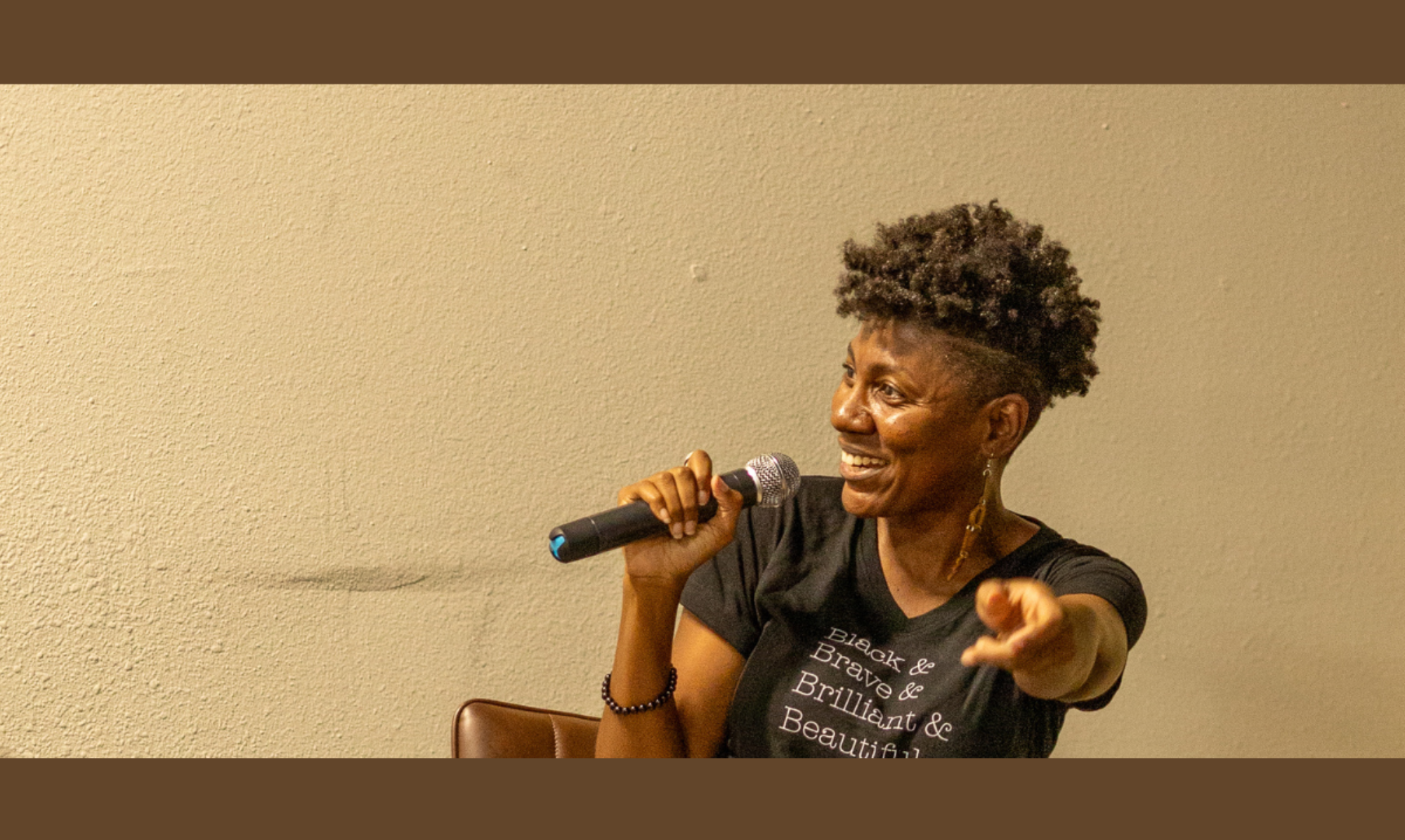This week I respond to another audience question about how to navigate conversations with white people about colorism. Here’s the original question:
I am sometimes asked by wht ppl what it is like navigating very wht spaces. I never answer honestly – that it’s fine, or that due to colorism trauma I am very anxious in black spaces and found more places in wht spaces to just be. I fear that it somehow validates racism, or makes it seem like I don’t love my own people. How does one talk about colorism in wht spaces without taking the focus away from racism? (I know this is late…but in case you do another Q&A😄)
@iamchandarule
Before I jump straight to my suggestions, it might help to provide some additional context. Some of my followers did not understand how a Black person would feel more discomfort in certain Black spaces than in certain white spaces.
One commenter, for example, expressed that while colorism still made it difficult for her to be around some Black people, especially Black men, there was no comparison to the violent, life-threatening encounters and situations she’d experienced with white people.
Other commenters, however, myself included, understood that while there’s always been white violence, our personal experiences with white people typically involved simply being ignored or invisible, whereas our experiences with colorism in the Black community often manifests as intentional and direct attacks designed to cut deep. This was true for us, even as we actively love Black people and have predominantly Black social circles.
How to explain colorism to white people, without scapegoating Black people or downplaying racism?
1) It’s okay for colorism to get some shine!
I’ve already said before that I do not subscribe to the idea that colorism is the lesser issue or that racism is more important. As a dark-skinned Black woman especially, I do not have the luxury of prioritizing racism over colorism.
2) White people can be colorist too!
Having a conversation about colorism doesn’t have to center Black people. In explaining colorism to white people, you can focus on their collective patterns of preferential treatment toward Black and Brown people with lighter skin tones, straighter hair, and thinner features–essentially Black and Brown people who look more like them.
White folks are not off the hook for colorism. They shouldn’t be pointing fingers at Black people. And if they ask how it all started…
3) White people started it.
White people can contextualize colorism as a direct and intentional result of white colonization and violence.
4) It’s not colorism or racism. It’s colorism and racism.
It would be necessary to explain that racism is very much the driver of colorism, and that colorism very much reinforces racism. It’s both a symptom and a system.
5) It’s my profound love for Black people that makes colorism hurt so bad.
As India Arie sang: “No one has the power to hurt you like your kin.”
While there’s fear that it might seem as though you don’t love Black people if you talk to white people about how difficult it is to endure colorism in Black spaces, you could explain that the reason it hurts so much is precisely because you do love Black people.

